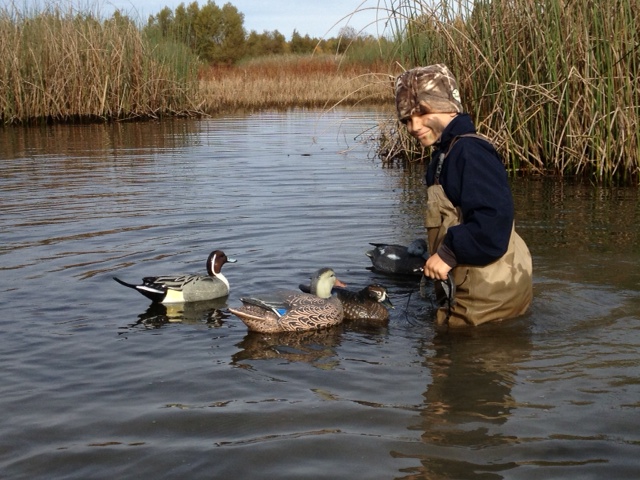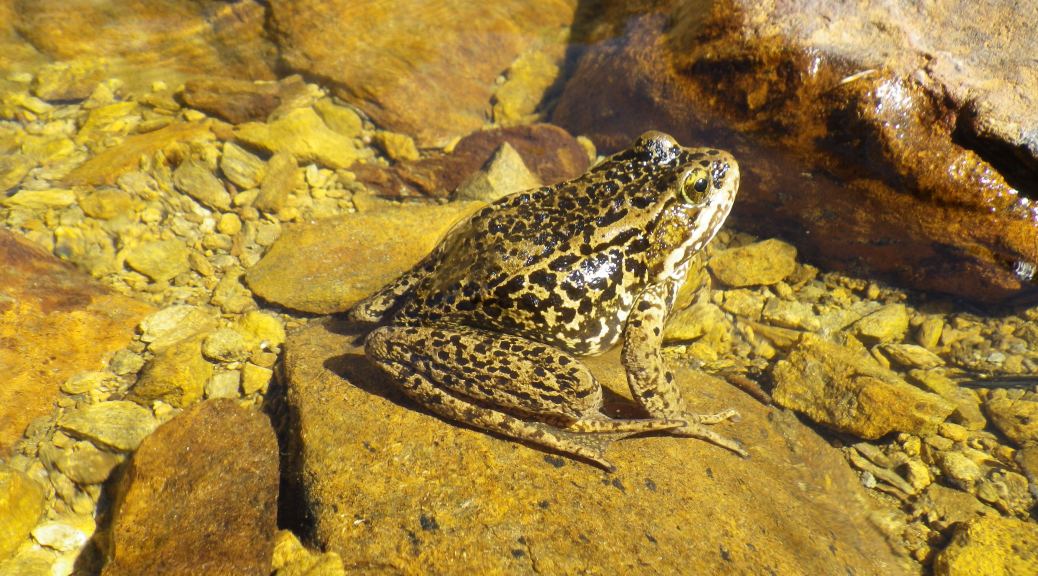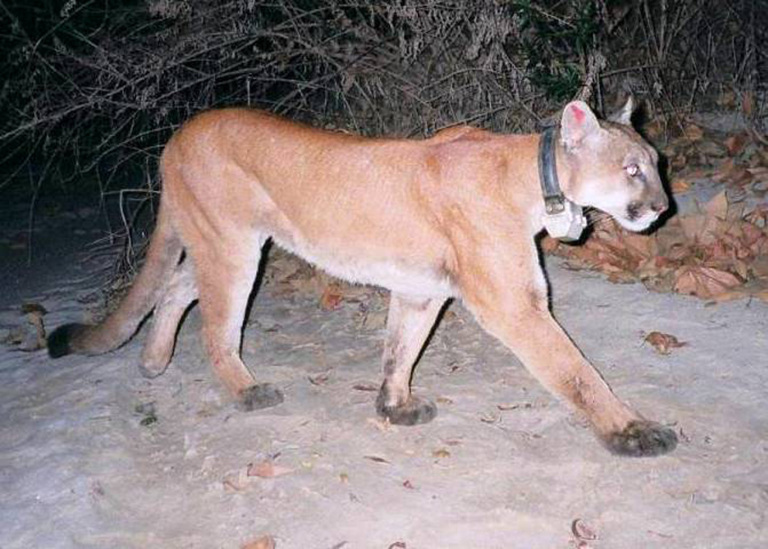Fish Report for 11-16-2017
How to Find Youth Hunt Opportunities

by Carrie Wilson
11-16-2017
Website
Question: My 11-year-old daughter recently passed her hunter education class. We are both really excited! We live just outside Yuba City and we are looking for opportunities to go duck hunting. I am an amateur and I don’t really know what I’m doing. We have the basics, even a dozen decoys, but I’m a little intimidated about taking her to the refuges even though they are nearby. Are there some options you can suggest that cater to youth hunters? (Richard, Yuba City)
Answer: We are always happy to hear about a not-so-experienced hunter who is either striving to educate himself or herself about hunting and/or encouraging their kids. There are plenty of opportunities within our public hunting areas as well as private waterfowl conservation and hunting groups.
The hunt options within our own wildlife refuge system should help reduce the intimidation and provide you and your daughter with some opportunities to get in a good hunt. You can go through the online waterfowl reservation system to apply to hunt some of the refuges in reasonable proximity of Yuba City. Do this together and read the information carefully. Let her explore the rest of the waterfowl hunting webpage to see if it sparks even more interest in waterfowl hunting. If you are drawn for a low enough reservation number at any of the refuges that have blinds, you’re in luck. Refuges with blinds frequently offer a great opportunity with some level of privacy because no other hunters will be very close to you. If not drawn low enough to get a blind, it is still worth going. Just show up and feel free to ask for assistance from refuge staff about where to go. It’s an early morning start so be sure to make your daughter aware of this ahead of time.
Private waterfowl conservation organizations regularly accommodate new or youth hunters. They are not terribly expensive to join and the money you contribute to the organization goes to a great cause. They share the same goals of conserving waterfowl habitat and providing youth hunters great opportunities to hook them and make them lifelong hunters and waterfowl conservationists. Inquire with those organizations about their many special youth hunt opportunities.
And last, plan to participate in the youth waterfowl hunting weekend, which is usually the weekend after the normal close of the season for adult hunters. It is the best opportunity for youth hunters all year for a great waterfowl hunting experience. It is all about the youth hunters on those days and there are countless stories of trips of a lifetime for new hunters on those very special weekends. The 2018 Special Youth Waterfowl Hunt is Feb. 3-4. Good luck!
Why are Geese Flying the Same Route Every Day?
Question: I live near Antioch, in Brentwood. In the past couple of weeks, apparently the geese have changed their flight pattern, because suddenly, every single day, they fly over a certain portion of my back patio leaving quite a mess. Do you think this will continue for the rest of my life (I’m 68) or do you think they will eventually change their flight pattern again? I thought that the birds I see today would be 200 miles away tomorrow, so I’m not sure why they continue to fly right across the same area now and why it happened so suddenly. I have lived here over a year, and it only started occurring a couple of weeks ago. I realize there is nothing that can be done about it, but I need to know if I should move – or if they will. (Karen)
Answer: According to Dan Skalos, a wildlife biologist in CDFW’s waterfowl program, the geese you are seeing are likely local resident Canada geese. Not much is known about their migratory patterns (which vary from area to area) but they are likely short-distance migrants or non-migratory, much different than their arctic nesting relatives. Without investigating your situation, we can only speculate why these geese are flying over your house, but it seems likely that you are between a roost location and a food resource. Roost and forage locations change throughout the year so at some point the geese will stop flying over your house.
Depending on what resources these particular geese are using, this may be a temporary — but annual — event. Often this time of year resident geese are feeding on post-harvest agricultural fields such as wheat or corn. If the geese are using agricultural fields, the normal annual rotation of these crops should keep this from happening every year.
Carrie Wilson is a marine environmental scientist with the California Department of Fish and Wildlife. While she cannot personally answer everyone’s questions, she will select a few to answer each week in this column. Please contact her at CalOutdoors@wildlife.ca.gov.
More Reports
CDFW Seeks Information Related to Cascades Frog

11-14-2017
The California Department of Fish and Wildlife (CDFW) is seeking information relevant to a proposal to list the Cascades Frog...... Read More
Purpose and Frequencies of Tracking Collars?

11-9-2017
Question: My daughter and I have a huge interest in our local wildlife. We live in the foothills of the Santa...... Read More

Website Hosting and Design provided by TECK.net